Mass “garbage” raids are taking place in Gianyar. Representatives of the civil order service (Satpol PP) hit the streets to catch those who dump their waste in unauthorized places. They start by inspecting areas where illegal dumps are most frequently formed.
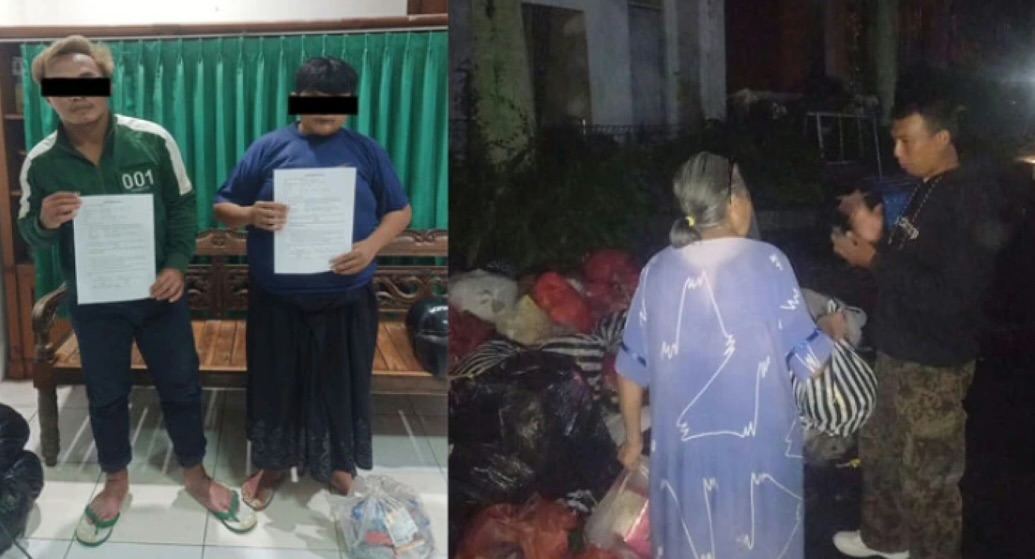
During the last raid, the police managed to catch two local residents who were about to leave several bags of unsorted garbage by the roadside. They were taken to the station for a clarificatory conversation, officially warned, and threatened with a fine for repeat offenses.
Local authorities admit that it's still challenging to establish rapport with the population regarding waste management. Many continue to dump trash into ravines and rivers. In such cases, sorting is out of the question. Even when people are willing to separate plastic and organic waste, they often disrupt the collection schedule, complicating the recycling process.
Therefore, Gianyar's administration decided to act more strictly, especially in central areas with many tourists. Hence, surprise inspections will continue and become regular.
At the same time, the city is building a new waste collection system. The 2025 budget includes funding for ten waste collection points. They will be opened closer to residential areas to deter people from littering the bushes and rivers again. Authorities believe convenience and control should go hand in hand. Fines alone won't establish order, but relying solely on conscientiousness isn't working either.

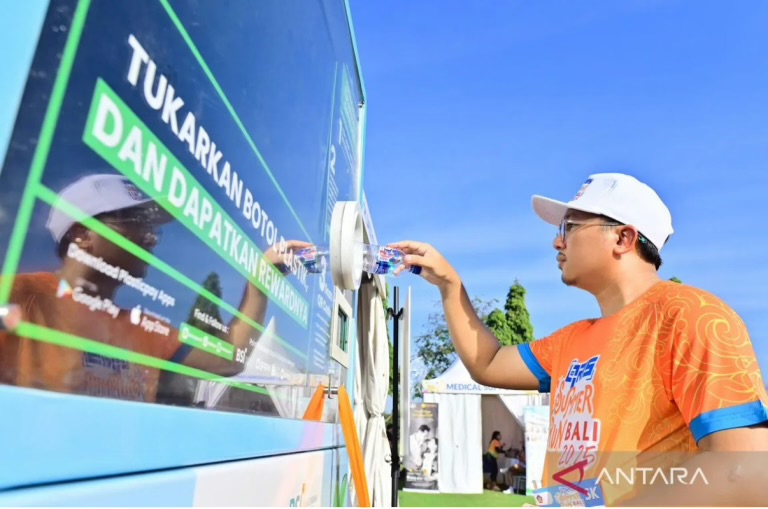
Meanwhile, in Denpasar, a different method was tested to encourage the population to adopt a conscious approach to waste. They focused on motivation. During the large city run, QRIS Summer Run installed a machine to collect plastic bottles. Each bottle could earn 1,000 rupiahs.
The initiative lasted just one day, but it garnered significant interest from the population. Many were deterred from throwing plastic into the bushes. People lined up from early morning, bringing bags of bottles.
All collected plastic was promised by the event organizers to be sent for recycling. From the bottles, rugs, bags, and baskets will be made, which will later be sold in markets and souvenir shops. Organizers say it's not just about collecting trash, but a way to change mindsets, to show that waste is a resource. It's possible that such machines could appear in other regions in the future.
Currently, something similar operates in Sanur, at the entrance to the Grand Lucky supermarket. There's a machine that accepts plastic bottles. However, it doesn't give real rupiahs but points, which can be accumulated and used for payment at GRAB or Grand Lucky itself.
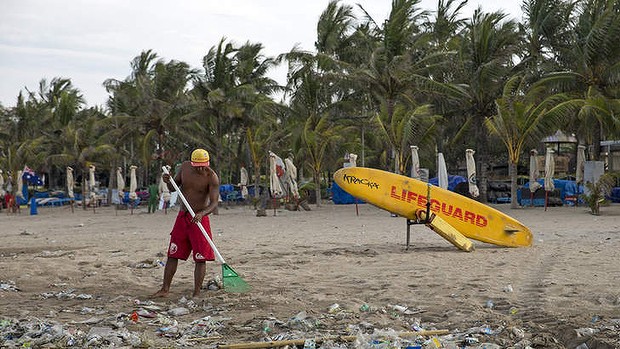
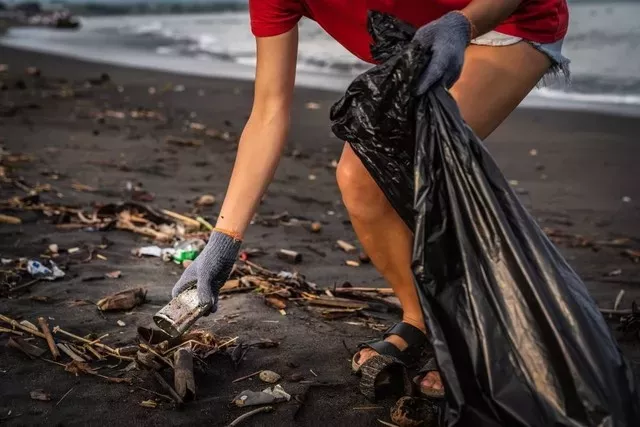
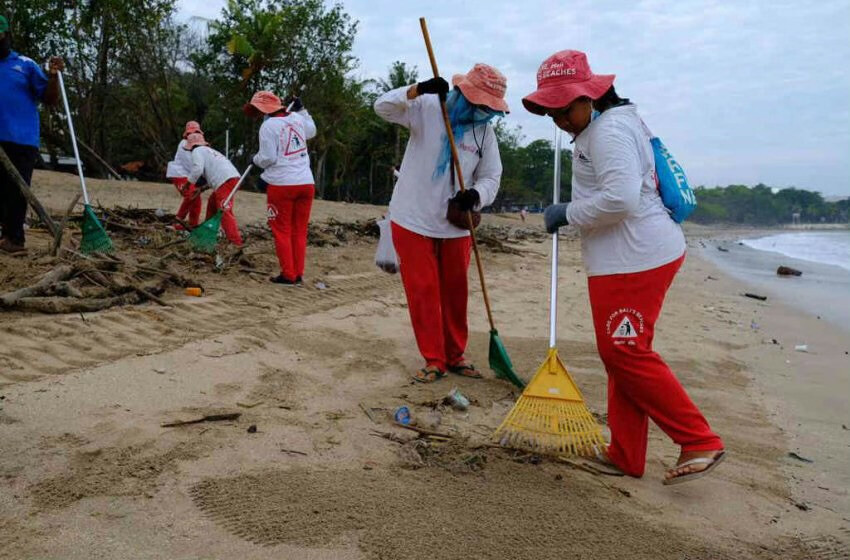
You can add one right now!